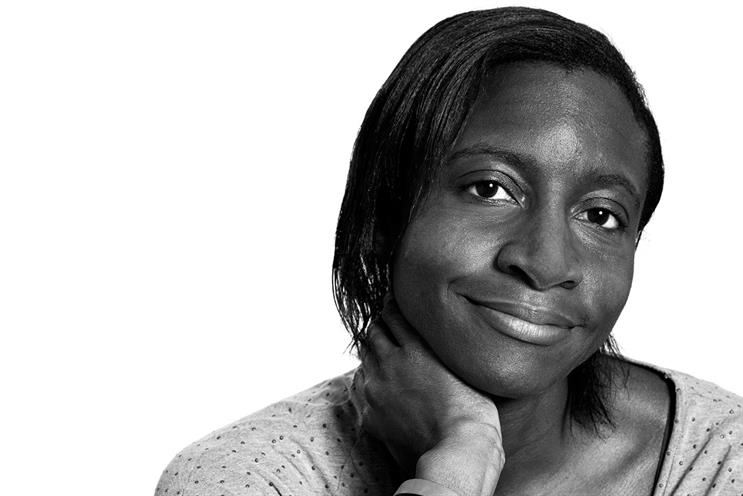So it took a global pandemic for the government to get serious about a pre-9pm watershed ban for “junk-food” ads. This has been the direction of travel for a while. Things tightened up considerably under New Labour who, looking to throw some red meat to their leftwingers, removed these ads from children’s programming and shows watched disproportionately by under-16s. David Cameron had planned to unveil food marketing restrictions after the Brexit vote in 2016 but we all know how that turned out.
To recap on the current proposals that would come into effect in 2022, the government is consulting on a pre-9pm TV and online ban on ads for foods high in fat, salt or sugar. Unexpectedly, a total online ban is also out for consultation. Bogof promotions are in the firing line, too.
It’s strange that the latest crackdown comes under a Tory administration known for its distinct dislike of anything with a whiff of nanny statism. At the start of the year, those in the know say it was clear Whitehall valued the ad industry and that no new restrictions were coming down the track.
But this was before the famously libertarian PM’s Covid-tinged brush with death got him thinking about his weight. The scale of his Damascene conversion cannot be underestimated. While it’s clearly ridiculous to rail against something for years but convert quickly to an opposing view only when it affects you personally, there are other reasons that the volte-face may not have been made on a sound basis.
Industry observers feel that amid a torrid summer of U-turns and bad news stories, a desire to be seen to be decisively “doing something” is what lies behind this Number 10-driven announcement.
The evidence that a watershed TV ban will make much difference can at best be described as scant with the government’s own research finding it would shave just 1.7 calories off a child’s daily diet.
Everyone, even the staunchest “Big food” haters, acknowledge there are deep-rooted socio-economic and cultural factors linked to the nation’s bulging waistlines. But when obesity is said to be costing the NHS an eye-watering £6.1bn a year, trying all possible interventions will sound like no bad thing to most people. Whitehall health officials will also be aware that tighter restrictions have coaxed brands into promoting their healthier options.
Pointing out that the TV ban means ITV and Channel 4 respectively stand to lose ÂŁ100m and ÂŁ40m annually and the effect this would have on programming could be a persuasive argument but it needs to be brought to life in some way.
The Advertising Association has got the right idea, bringing things closer to home by highlighting the effect of the online ban on small local businesses such as a chocolatier or cheesemaker who it would hit disproportionately. Hurting SMEs at such a precarious economic time is not a good look for the government.
It took around 40 years for restrictions on tobacco products to evolve into an out-and-out ad ban. Given that smoking kills but food keeps us alive, comparisons between the two must be made with caution but it’s the best case study available.
How long will it take for “junk-food” ads to disappear entirely? Despite all the reasoned arguments against the step, at this rate, you wouldn’t bet against it being shorter.
Gemma Charles is the deputy editor of ±±ľ©Čüłµpk10



